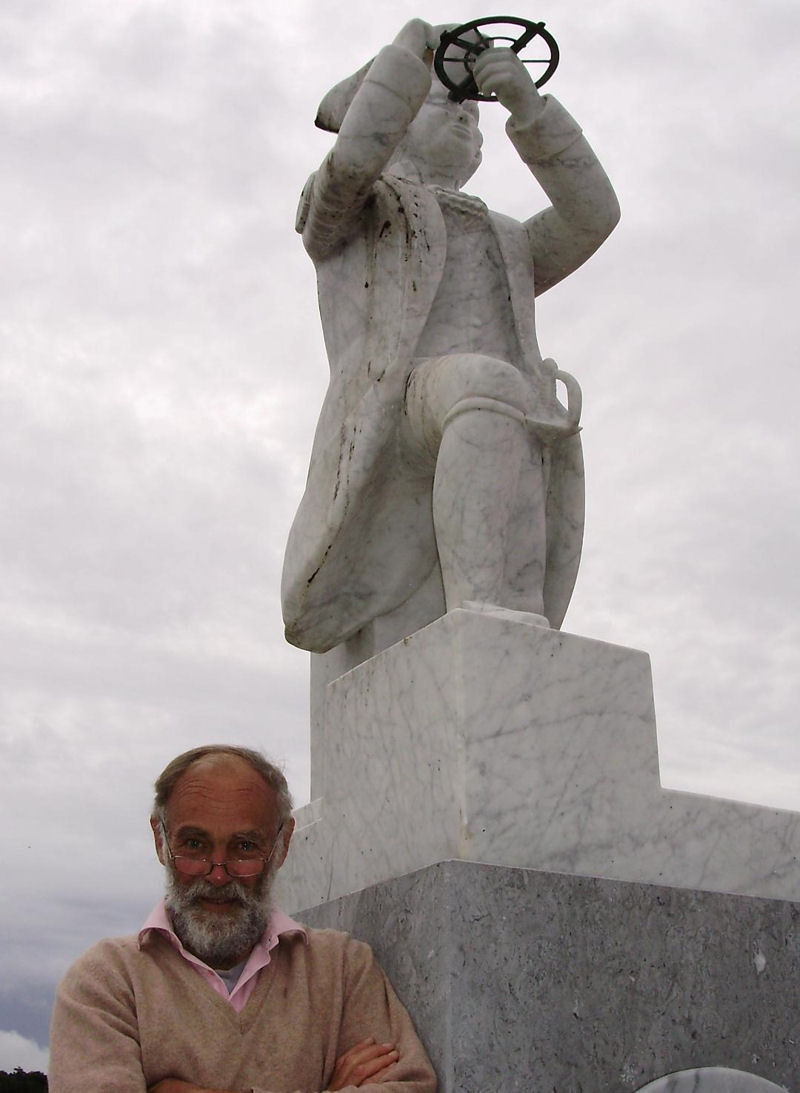2021-5 Power-sharing in Westminster
 Thursday, April 29, 2021
Thursday, April 29, 2021
PRESS RELEASE
IMMEDIATE 29.4.2021
BORIS? POWER-SHARING COULDN’T BE WORSE
FOR COVID AND CLIMATE CHANGE,
NOT ONLY NATIONS BUT PARTIES TOO MUST CO-OPERATE
A GOAT (Government of all the Talents) IS A GNU (Government of National Unity).
Doctors and environmentalists use precision instruments, calibrated in degrees, hertz, whatever. They follow the science. But politicians use a blunt tool with only two readings, ‘yes’ and ‘no’. So the question is dichotomous, the debate adversarial, the vote always divisive and sometimes hopelessly inaccurate. In a word, it is Orwellian: ‘this’ good, ‘that’ bad.
Logically, scientifically:
+ if there’s no majority ‘in favour’ of any one option, there’s a majority ‘against’ every option; so any majority ‘against’ something might be next to meaningless;
+ a majority vote cannot identify a consensus; with so many votes ‘for’ and so many ‘against’, it measures the very opposite, the degree of dissent;
+ just as half of a half is a quarter, so too, a majority of a majority is often only a minority.
Yet majority voting is ubiquitous. Hence too the ultimate irony: in the name of ‘majority rule’, countries are often ruled by singletons! (But the Swiss have power-sharing.)
With three options – A, B and C – there are 6 ways of casting all preferences: A-B-C, A-C-B, B-A-C etc. With four, 24 ways. With five, 120 different opinions or nuances may be expressed; we may relish our human diversity. Preferential points voting is a precision instrument. With 5 options, MPs may cast m preferences, where 5 > m > 1; (1st, 2nd … 5th) preferences get (m, m-1 … 1) points.
In preferential decision-making, no-one says ‘no’. As in a German constructive vote of confidence, if Party X doesn’t like option A, it should propose a positive alternative, B, or C, etc. A Parliament of five Parties might have five options ‘on the table’, (computer screen and dedicated web-site). And no-one votes ‘no’. MPs indicate their favourite but also their compromise option(s), in order of preference. Their collective compromise is the option with the most points, at best their highest average preference, which thus involves not just a majority but every MP. This modified Borda count MBC could therefore facilitate an all-party, power-sharing coalition, a government of national unity.
If politics is the art of compromise: in elections and decision-making, PR and the MBC are its science.
So the entire Parliament should elect the Government, by PR, MPs casting their preferences, not only on who should be in Cabinet, but also on the portfolio in which each of their nominees should serve. In today’s Commons, the PM would probably be the Tory who gained 2nd and other preferences from across the board, a Ken Clarke type perhaps. The methodology is the PR matrix vote.
http://www.deborda.org/home/2016/4/25/2016-5-ireland-let-the-dail-elect-a-govt.html
Then let them tackle Covid and Climate Change, together.
 Deborda | Comments Off |
Deborda | Comments Off | 

